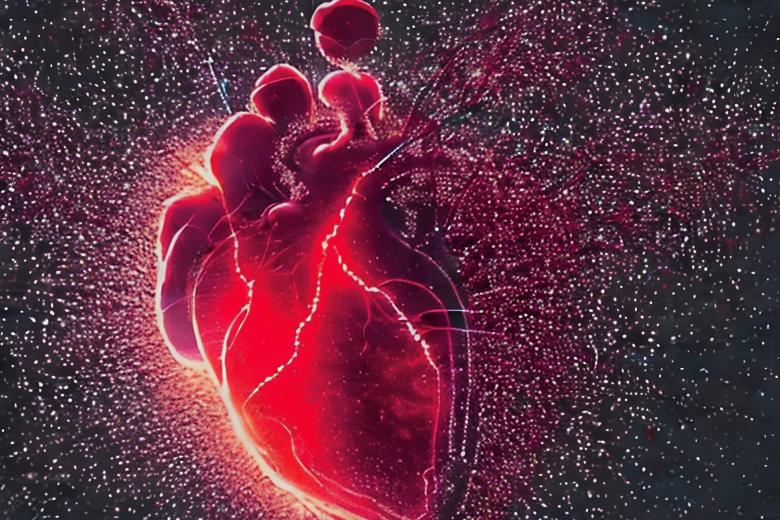Tears reveal more than emotion
With the tear fluid research set up by Marlies Gijs, she is doing groundbreaking work. Tear fluid research is booming. Certainly as a replacement for sometimes painful and risky invasive examination methods. And as an essential link in neurological research with a leading role for the tears of alzheimer's patients.
Tear fluid biomarkers
Gijs had encountered tear fluid in previous research, but at Maastricht University, she had the opportunity to set it up big. "Research into tear fluid biomarkers (substances that indicate a certain condition) was not new, but it was done very little. Thanks to modern techniques, it has become increasingly easier to make diagnoses from extremely small sample volumes of tear fluid. From blood, for example, you need much larger volumes."
Listen to this (Dutch) clip from Villa VdB in which Marlies Gijs talks about how tears can contribute to medical diagnoses
Read this interview with Marlies Gijs
Also read
-
Why some people hesitate to vaccinate and how healthcare can address this
Doubts about vaccination continue to be a significant challenge for global public health. The World Health Organisation (WHO) has listed vaccine hesitancy as one of the top ten threats to global health. But what exactly is vaccine hesitancy and how does it impact our society? How can we address it...
-
GROW research: all-in-one test for genetic defects in embryos🧪
Researchers at Maastricht UMC+ and GROW have developed a technique that can analyse the entire genome in a single test, allowing for faster determination of embryos suitable for successful pregnancy.
-
Multi-levitation bioprinting of heart models for space exploration and medicine
Cutting-edge magnetic and acoustic levitation will bioprint heart models to improve protections against radiation in space and on Earth.